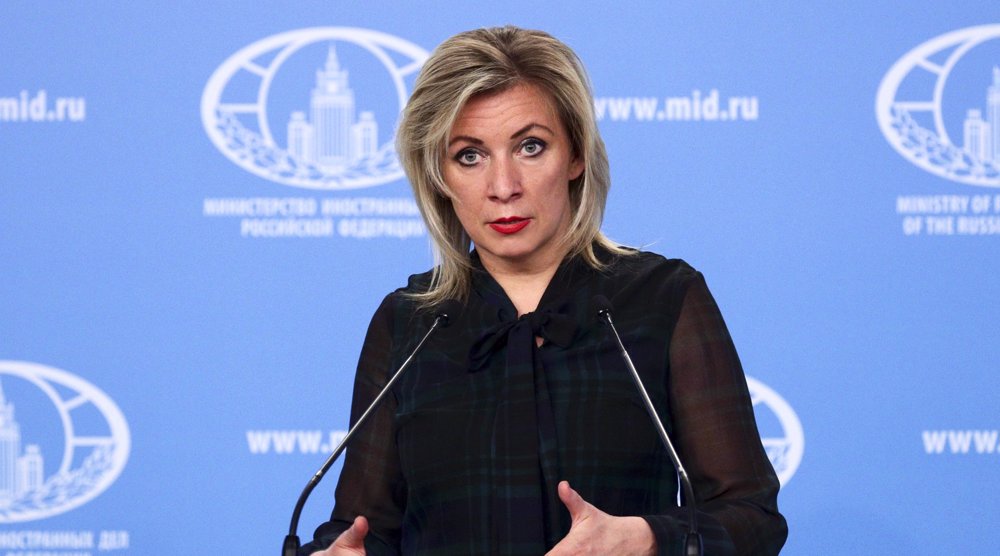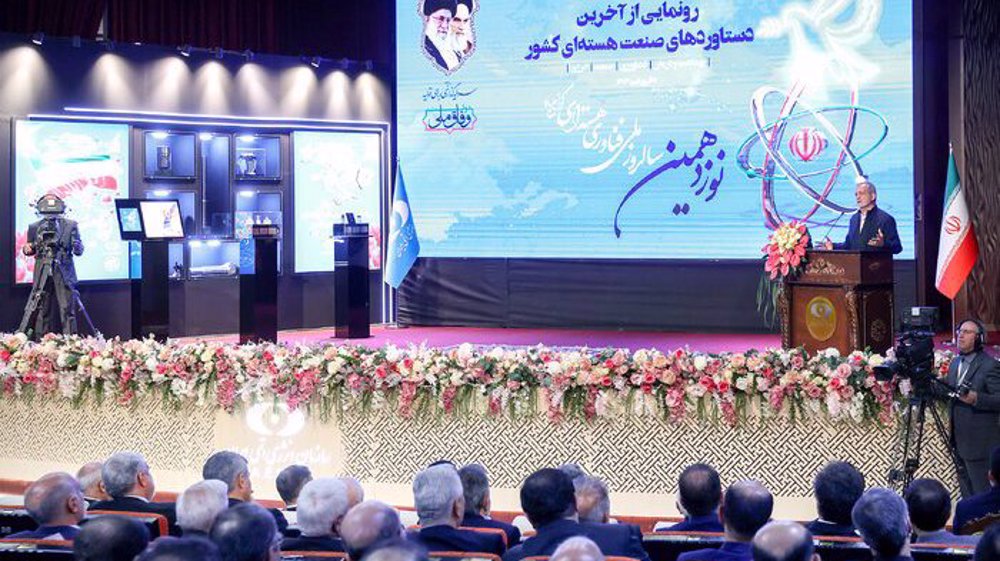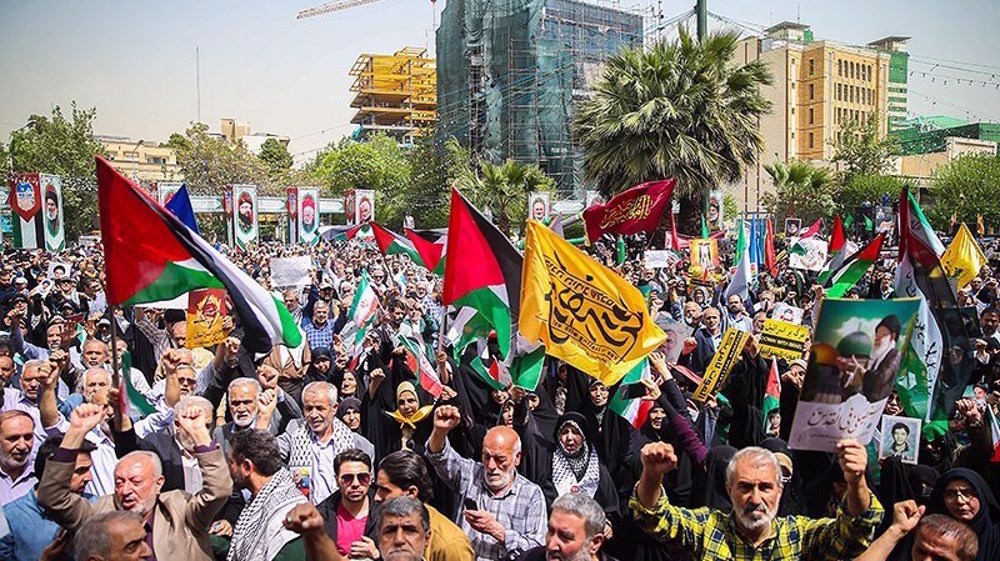Iran condemns US exploitation of intl. banking system, seizure of assets
Iran’s Ambassador to the United Nations has denounced a US Supreme Court ruling that allows for the seizure of frozen Iranian assets, describing the measure as a clear example of Washington’s political abuse of international financial networks to pressure the Iranian nation.
“The recent political decision of the US court to seize the properties of the Central Bank of Iran (CBI) is a clear example of abusing banking and financial networks for fake and unsubstantiated claims to pressure our nation,” Gholam-Ali Khoshrou said in New York on Thursday.
He added, “The Iranian government is committed to use all possible means at its disposal, including recourse to the International Court of Justice, to recover its properties illegally seized by the US authorities.”
The US Supreme Court ruled on April 20 that Iran's assets frozen in a bank account, which are worth around $2 billion, should be turned over to American families of those killed in a 1983 bombing in Beirut and other attacks blamed on Iran. Tehran has denied any role in the attacks.
The money, which belongs to the CBI, had been blocked under US sanctions before the court ruling.
Iranian Foreign Minister Mohammad Javad Zarif later censured the seizure of the frozen assets as “highway robbery,” vowing that the Islamic Republic will retrieve the sum anyway.

“It is a theft. Huge theft. It is highway robbery. And believe you me, we will get it back,” Zarif told The New Yorker magazine in an interview published on April 25.
Countering terrorism
Khoshrou further pointed to the scourge of terror, warning that “violent extremism is the most critical challenge that the world is currently facing.
“The international community needs, first and foremost, to focus on this vicious ideology that seeks to instill hatred and anger in the hearts and minds of the youth everywhere in the world,” the Iranian UN ambassador underscored.
He also referred to the unlawful use of force, interference in the domestic affairs of other states, and foreign aggression and occupation as some of the factors that contribute to the spread of terrorism.
“Countering terrorism should be done in full conformity with the United Nations Charter, international law, international human rights and humanitarian law,” Khoshrou stated.

World growing tired of endless threats against Iran: Russia

Pezeshkian: Iran will never compromise on nuclear achievements

People rally in Tehran to condemn intensified Israeli genocide in Gaza
Press TV's news headlines
VIDEO | Palestinian supporters keep marching on
‘Significant’ downturn in Americans’ support for Israel: Poll
Iran, Armenia to hold joint military drills to bolster border security, combat terrorism
VIDEO | Displaced by Israeli assault: A mother’s fight for her children’s survival in Jenin
Unprecedented: Hamas launches legal case in Britain to remove ‘terror’ label
Trump announces 90-day pause on tariffs but raises China levies to 125%
OIC censures Israel for decision to close 6 UNRWA schools in al-Quds
















 This makes it easy to access the Press TV website
This makes it easy to access the Press TV website